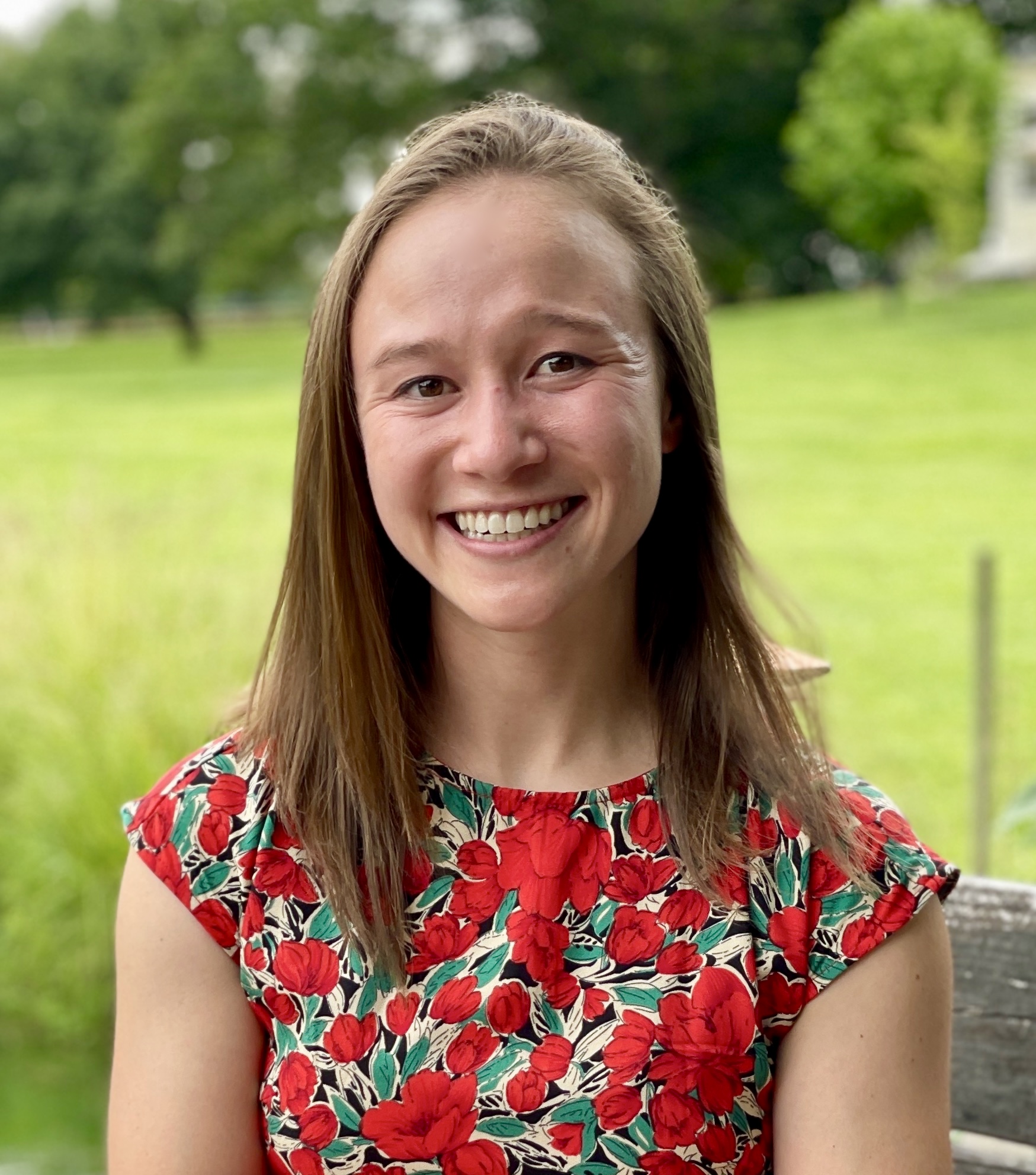Trauma and Stressor Related Disorders and Disasters
(PS11-C58) The Hidden Toll of Lived Experience: Exploring Secondary Traumatic Stress Among Peer Support Workers for Individuals with Substance Use Disorder

Eleanor Wu, M.A. (she/her/hers)
Graduate Student
University of South Carolina
Columbia, South Carolina.jpg)
Wendy Chu, M.A. (she/her/hers)
PhD Student
University of South Carolina
San Francisco, California- EB
Elizabeth Bodalski, M.A.
Graduate Student
University of South Carolina
Columbia, South Carolina - SF
Sarah Grace Frary, M.A.
Graduate Student
University of South Carolina
Columbia, South Carolina - SM
Sarah Miller, M.A.
Graduate Student
University of South Carolina
Columbia, South Carolina - MM
Magdalena Moskal, M.A.
Graduate Student
University of South Carolina
Columbia, South Carolina - SH
Sayward Harrison, Ph.D.
Assistant Professor
University of South Carolina
Columbia, South Carolina
Author(s)
Co-Author(s)
Substance use disorders (SUDs) are a significant public health concern - over the past year, 40.3 million individuals had a diagnosable SUD and more than 100,000 drug overdose deaths occurred nationwide. Peer support workers (PSWs), or individuals with lived experience in recovery that are trained to assist others with SUDs in navigating care and recovery, are critical to the evidence-informed care continuum for treating SUDs. However, limited extant research has examined the experiences of PSWs and additional research in this area is needed to inform the development of supports and resources to aid PSWs in their profession. Specifically, given the high incidence of traumatic events experienced by individuals with SUDs, PSWs may be at high risk of experiencing secondary traumatic stress that may impact their professional functioning and personal mental health. This study explores reports of secondary traumatic stress among PSWs, including the ways that secondary traumatic stress intersects with their own mental health, recovery journey, and functioning in their profession. Twenty-five PSWs were recruited from organizations working in prevention and treatment of SUDs in South Carolina. Participants completed a semi-structured interview on Microsoft Teams in which they were asked about their experiences with secondary traumatic stress, and the impact of these experiences on their work and their mental health and wellbeing. Interviews were recorded and transcribed. Preliminary themes from participants’ responses were identified though a rapid qualitative analysis approach. The majority of participants acknowledged that they frequently supported clients in coping with trauma. Participants noted that this led to fatigue, “compassion burnout”, and difficulties emotionally supporting their clients without the necessary training. Participants also shared that hearing about their clients’ trauma triggered symptoms resulting from their own experiences of familial trauma, maltreatment in childhood, and adverse experiences while using substances. The need for mental health supports specific to the unique challenges experienced by PSWs was mentioned as a desired resource. Participants also shared that they utilized the same adaptive coping strategies they taught clients to manage their own stress. This study points to the need for tailored mental health supports for PSWs that help them to support individuals with SUDs in coping with trauma in the face of their own traumatic experiences.

